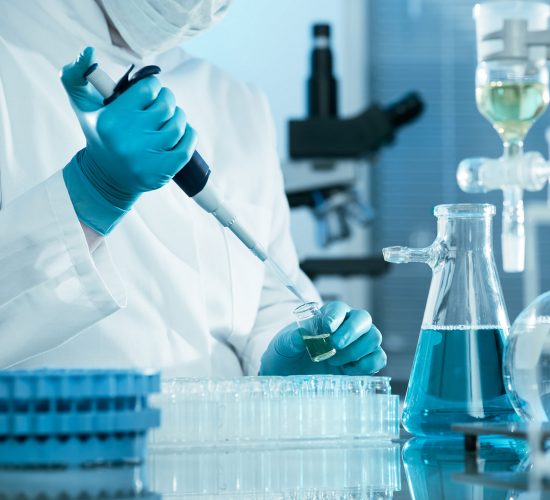After completion of this course each student would be able to:

The Instrumentation and Control is a compulsory course and has been offered by the Department of Electronics Engineering.
|
CLO |
Description |
Domain |
PLO |
|
1 |
Understand various Electrical/Electronic Equipment and sensors, their construction, applications, principle of operation, signal conditioning and unit of measurements. |
C1 |
1 |
|
2 |
Acquire knowledge of control systems, Process control system parameters, logic controllers, computer control and actuators |
C2 |
1 |
|
3 |
Perform simulation of different sensors, actuators and control systems along with verifying their operation on the hardware. |
P4 |
5 |
Course Contents:
Introduction to Instruments and Instrumentation System, Scope and necessity of instrumentation, names of important process variables their units, building blocks of instrumentation system, various testing signals, controlling system and controllers.
Multimeters, Voltmeters, Rheostats, Recorders, Variants, Clinometers & pressure transducers.
Transmission and signal conditioning. Amplifying meters, Oscilloscopes, Amplification. Direct deflection meters.
Resistance thermometers, Thermo couples, Thermistors.
Electrical timing devices, Velocity transducers, Stroboscope. Accelerometers, Seismic transducers (measuring vibration), Tachometers.
Force: Mechanical balances, Strain Gauge Systems, Elastic deformation, Use of pressure transducers. Torque: Direct Strain method, Angular displacement methods, Torque transducer. Power: Absorption dynamometers, Driving dynamometers.
Motion /Special Control, pressure control, temperature control, time control, count control & sequence control.
Types of process, structure of control systems, controller responses & data acquisition systems, First order system & second order system.
Relay logic, electromechanical control, relays, solid-state relays, timing relays, latching relays, programmable logic controllers (PLCS) Basics of PLC programming, timer & counter instruction, data manipulation instruction.
Computer Fundamentals, Computer Numerical Control (C.N.C.), computer in process & Machine Control, Robotics.
Primary and pilot control devices, Manually operated switches, Mechanically operated switches, sensors & Actuators, Transistors, Ac & DC current generators. AC Motors (Selection, Installation & Maintenance).

